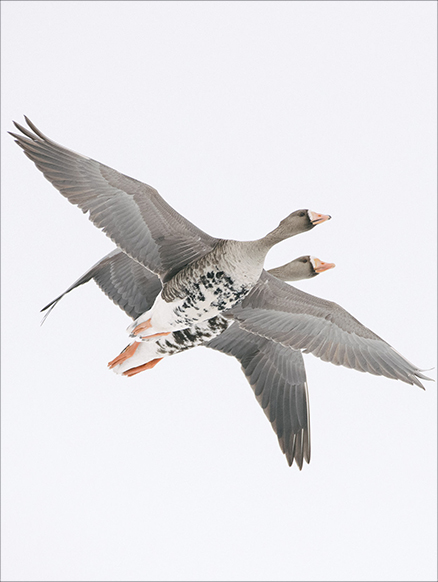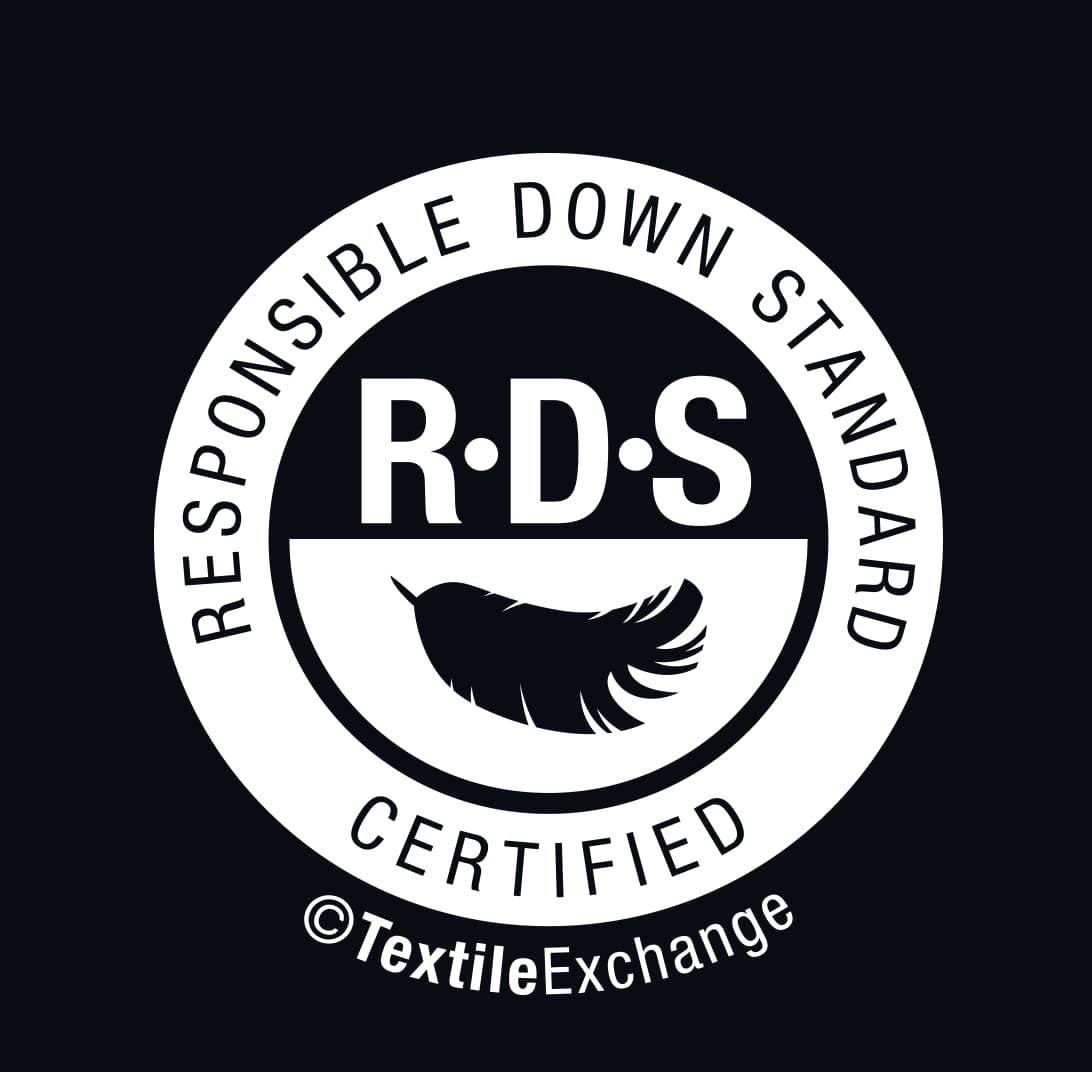When animal welfare organizations questioned where down was coming from, ALLIED was able to step in and help build what has become one of the largest animal welfare standards in the textile industry.
Long before animal welfare was a concern, ALLIED refused to purchase material that came from live-plucked or force fed birds. We even engaged third parties to audit and verify our supply chains, becoming the first down supplier to offer any such assurance to brands.
Animal Welfare Solution

But in 2010, with a large attack on the industry, it became evident that more robust standards would be needed. That’s when we set out with The North Face, Control Union and animal welfare groups to work towards a robust industry-standard certification. In 2014, this standard, known as the Responsible Down Standard was gifted to Textile Exchange and the industry at large. We continued to work with partner brands and the industry to help build and make other standards more robust and develop unique brand-level sourcing initiatives.
The challenge was opening up a supply chain that has operated the same way for generations to a new way of thinking and at times, working. Looking at all five of Brambell’s Five Freedoms of animal welfare, there were times that ALLIED had to step in and invest to help make some farms and facilities better and more compliant.
Even in a collector based supply chain – which many thought to be impossible to track material (a necessary component of any welfare certification) – we opened remote offices to teach the collector community how to read and write so they could provide the appropriate paperwork which gives us the level of traceability needed.
And since 2016, ALLIED’s entire global supply chain has been certified by at least one of the large industry standards.
When work started on the certifications, there were times of frustration being kicked off of farms because we weren’t there buying their meat. But now we can not only visit regularly, but do so with film crews. The farmers are proud at the work they are doing and now make more money on their meat. One farmer we recently visited on a goose farm in China even pulled out his LED covered boom box to show us how he plays music to keep his birds happy. On sunny days, he said, they prefer K-pop but sometimes on overcast days they seem to prefer a Chinese version of easy listening jazz.
